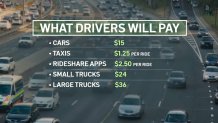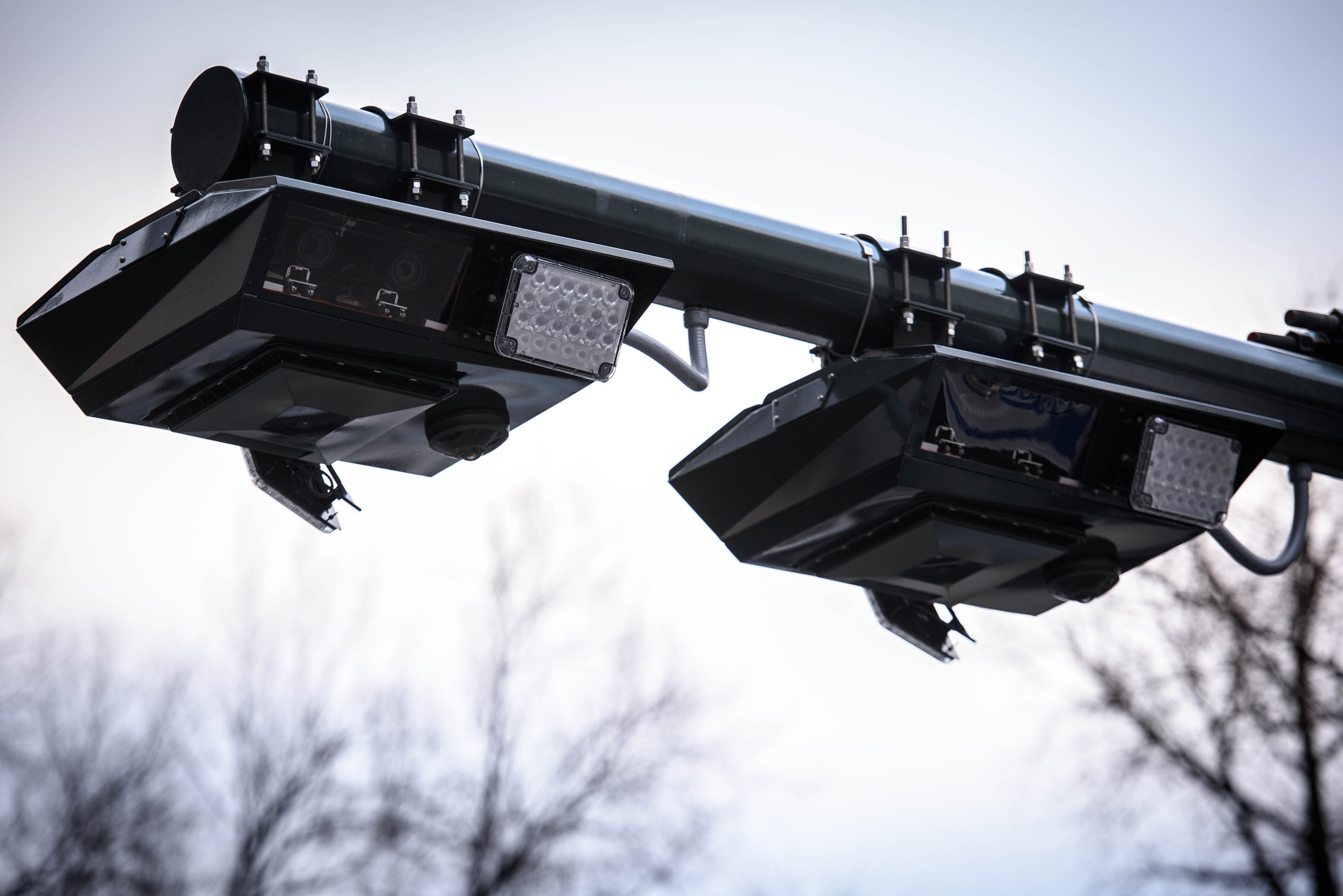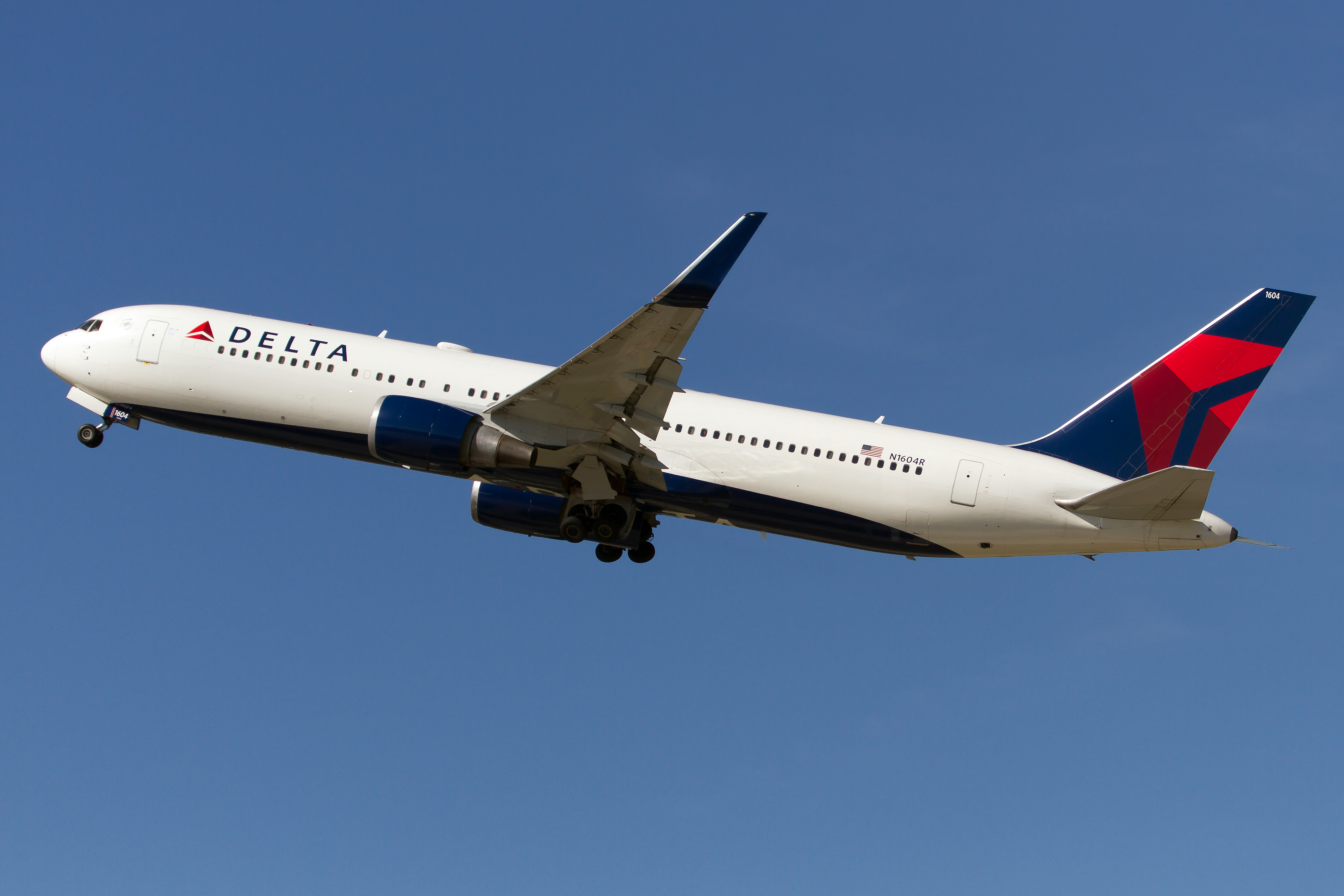What to Know
- Cars will be charged an additional $15 to enter Manhattan at 61st Street and below, while trucks could be charged between $24 and $36, depending on size. Most toll readers are installed
- There are some planned exemptions. Most of those will likely include government vehicles. Yellow school buses with a contract with the DOE are also in the clear, as are city-owned vehicles
- The MTA board overwhelmingly voted to approve congestion pricing in December, saying charging drivers to enter a swath of Manhattan would contribute millions of dollars to the aging transit system
Ahead of a final vote on New York City congestion pricing, MTA officials are clarifying some of the finer points of the Manhattan plan, including which groups may be exempt from the toll.
NBC New York has a first look at the planned exemptions for congestion pricing ahead of its potential start this summer.
The majority of cars likely to get a full exemption from the tolls will be government vehicles. MTA officials said essentially all yellow school buses are in the clear -- that applies to NYC Public Schools, charter and Catholic schools, as well as private schools.
Get Tri-state area news and weather forecasts to your inbox. Sign up for NBC New York newsletters.
As long as the bus company has a contract with the Department of Education, they are expected to be exempt.
The growing list also includes NYC-owned fleet vehicles. The MTA has already made it clear that emergency vehicles will be exempt, but so will virtually every city-owned official car. Between the dozens of agencies, there are potentially hundreds, if not thousands, of cars that will qualify.
A third group, commuter buses, will also make the list. The MTA officials said any bus with scheduled service where the public can buy tickets will be exempt, including the Hampton Jitney, Greyhound, Mega Bus and Flix Bus.
News
Other charter buses, NY Waterway buses and the NYU employee shuttle would not be exempt.
What about taxis and rideshares?
There will be exemptions in place for rideshares and taxis, but much to their chagrin, they won't get away completely scot-free.
The toll will not be in effect for taxis, but drivers will be charged a $1.25 surcharge per ride. The same policy applies to Uber, Lyft and other rideshare drivers, but their surcharge will be $2.50.
New York Taxi Workers Alliance Executive Director Bhairavi Desai has said in a statement that the plan is "a reckless proposal that will devastate an entire workforce."
Can I get a discount?
Many groups had been hoping to get exemptions, but very few will avoid having to pay the toll entirely. That small group is limited to specialized government vehicles (like snowplows) and emergency vehicles.
Low-income drivers who earn less than $50,000 a year can apply to pay half the price on the daytime toll, but only after the first 10 trips in a month.
While not an exemption, there will also be so-called "crossing credits" for drivers using any of the four tunnels to get into Manhattan. That means those who already pay at the Lincoln or Holland Tunnel, for example, will not pay the full congestion fee. The credit amounts to $5 per ride for passenger vehicles, $2.50 for motorcycles, $12 for small trucks and $20 for large trucks.
Drivers from Long Island and Queens using the Queens-Midtown Tunnel will get the same break, as will those using the Brooklyn-Battery Tunnel. Those who come over the George Washington Bridge and go south of 60th Street would see no such discount, however.
Public-sector employees (teachers, police, firefighters, transit workers, etc.), those who live in the so-called CBD, utility companies, those with medical appointments in the area and those who drive electric vehicles had all been hoping to get be granted an exemption. They didn't get one.
When does congestion pricing start?
For months, the MTA board has whittled down proposals and heard tens of thousands of public comments to inform a final decision going for a vote this week.
Despite what officials say were overwhelming public comments "in favor" of congestion pricing by a 2-to-1 margin, a number of vocal groups have stood in opposition, many seeking an exemption from the daily cost to drive in part of Manhattan.
Public hearings earlier in March paved the way for the likely final vote on March 27. For their part, the MTA has insisted that they are merely implementing state law aimed at cleaning the air and modernizing mass transit — conditions a majority of commenters supported at those public hearings.
"We all know that the infrastructure has to be replaced. We need new trains and signals — congestion pricing at this point is the stream that provides the funding for those things," said New York City Transit Senior Vice President Demetrius Crichlow.
After an expected decision in May, tolling could begin as soon as June 15. Any one of the lawsuits filed against congestion pricing could bring the plan screeching to a halt, but the MTA has said it believes it will win them all.
The MTA announced that 99% of its toll readers for its controversial congestion pricing program have already been installed and are ready to go, covering 109 of the planned 110 locations. The final reader is expected to be installed this week.
Cars will be charged an additional $15 to enter Manhattan at 61st Street and below, while trucks could be charged between $24 and $36, depending on size. The collection readers are scheduled to go "live" on or about June 15.
The MTA board overwhelmingly voted to approve the measure in December, saying charging drivers to enter a large swath of Manhattan would contribute millions of dollars to the city's aging transit system.
The approval came after the Traffic Mobility Review Board delivered its report to the MTA on Nov. 30, laying out the general guidelines for the impending tolls, including costs, when certain prices will be in effect, who gets credits and more.
Here's a breakdown of everything that was approved in December, and what comes next in the process.
How does congestion pricing work?
Congestion pricing would impact any driver entering what is being called the Central Business District (CBD), which stretches from 60th Street in Manhattan and below, all the way down to the southern tip of the Financial District. In other words, most drivers entering midtown Manhattan or below will have to pay the toll, according to the board's report.
All drivers of cars, trucks, motorcycles and other vehicles would be charged the toll. Different vehicles will be charged different amounts — here's a breakdown of the prices:
- Passenger vehicles: $15
- Small trucks (like box trucks, moving vans, etc.): $24
- Large trucks: $36
- Motorcycles: $7.50

The $15 toll is about a midway point between previously reported possibilities, which have ranged from $9 to $23.
The full, daytime rates would be in effect from 5 a.m. until 9 p.m. each weekday, and 9 a.m. until 9 p.m. on the weekends. The board called for toll rates in the off-hours (from 9 p.m.-5 a.m. on weekdays, and 9 p.m. until 9 a.m. on weekends) to be about 75% less — about $3.50 instead of $15 for a passenger vehicle.
Drivers would only be charged to enter the zone, not to leave it or stay in it. That means residents who enter the CBD and circle their block to look for parking won't be charged.
Only one toll will be levied per day — so anyone who enters the area, then leaves and returns, will still only be charged the toll once for that day.
The review board said that implementing their congestion pricing plan is expected to reduce the number of vehicles entering the area by 17%. That would equate to 153,000 fewer cars in that large portion of Manhattan. They also predicted that the plan would generate $15 billion, a cash influx that could be used to modernize subways and buses.



